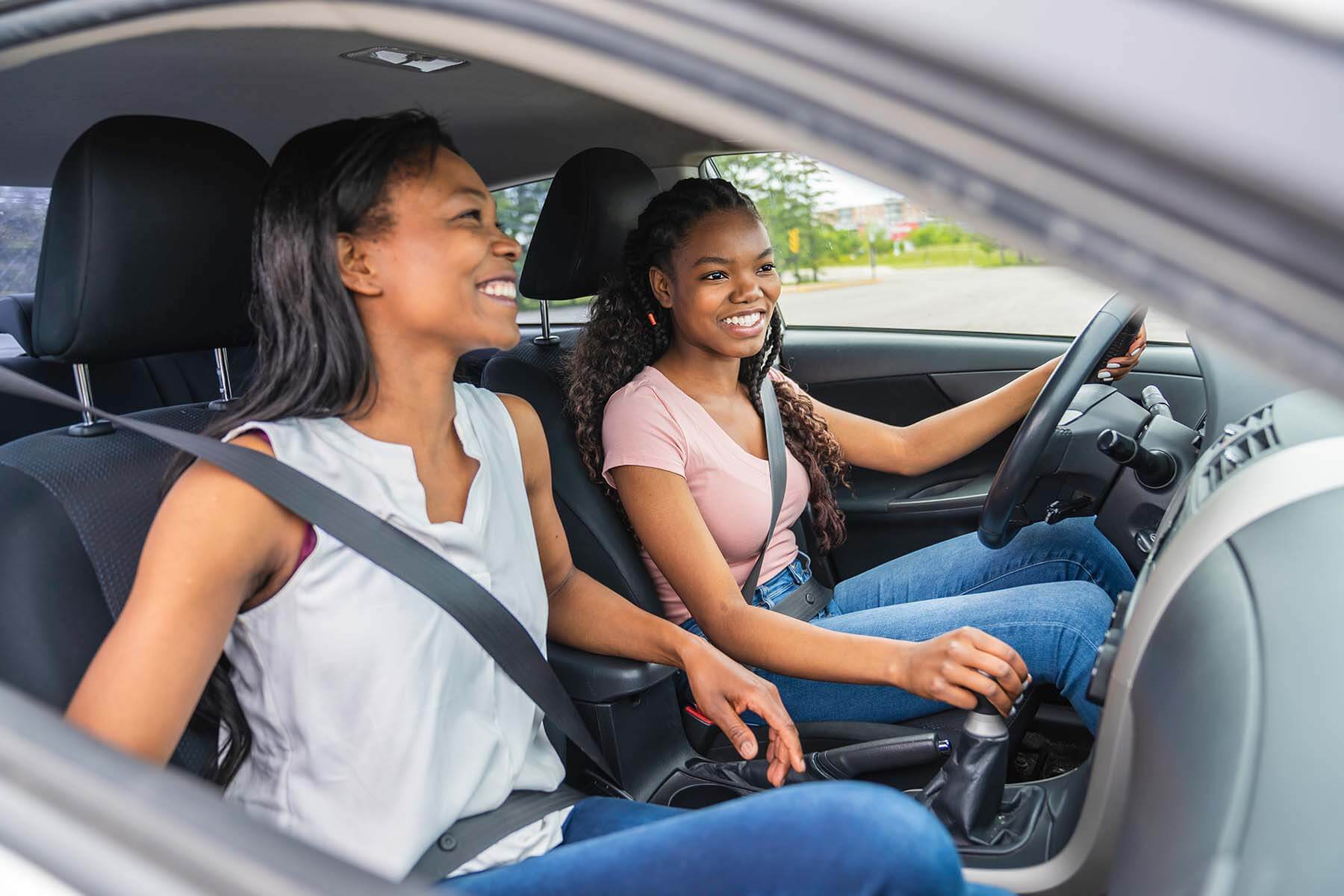Driving safety is essential for everyone, but it’s particularly crucial for teenagers who are new to driving and may lack experience. Here are some driving safety tips for teens:
- Follow Traffic Laws: Obey all traffic laws, including speed limits, stop signs, and traffic signals. Ignoring these rules can lead to accidents and tickets.
- Avoid Distractions: Stay focused on the road and avoid distractions such as texting, talking on the phone, eating, or adjusting the radio while driving. It’s best to keep your phone out of reach or use a hands-free device if you need to make a call.
- Always Wear Seatbelts: Seatbelts save lives. Make sure you and all your passengers are wearing their seatbelts at all times, no matter how short the trip.
- Mind the Speed Limit: Speeding is a common cause of accidents, especially for young drivers. Always drive at or below the posted speed limit and adjust your speed according to road and weather conditions.
- Maintain a Safe Following Distance: Keep a safe distance between your vehicle and the one in front of you. The three-second rule is a good guideline. This gives you enough time to react if the vehicle in front of you suddenly stops.
- Use Turn Signals: Always use your turn signals to indicate your intentions to other drivers. This helps reduce the risk of collisions.
- Avoid Aggressive Driving: Road rage and aggressive driving can lead to dangerous situations. Stay calm and patient, and avoid aggressive behaviors like tailgating or excessive speeding.
- Adapt to Weather Conditions: Adjust your driving to match weather conditions. Slow down in rain, snow, or fog, and make sure your vehicle’s lights and wipers are working correctly.
- Avoid Driving Under the Influence: Never drive under the influence of alcohol, drugs, or any other impairing substances. Even small amounts can impair your judgment and reaction time.
- Limit Nighttime Driving: If you’re a new driver, it’s a good idea to limit nighttime driving until you gain more experience. Reduced visibility and fatigue can make nighttime driving riskier.
- Stay Alert and Rested: Fatigue can impair your ability to drive safely. Get enough rest before getting behind the wheel, and if you feel drowsy while driving, pull over and take a break.
- Practice Defensive Driving: Always be aware of your surroundings and anticipate the actions of other drivers. Defensive driving can help you avoid accidents caused by the mistakes of others.
- Know Your Vehicle: Familiarize yourself with your car’s controls, including lights, wipers, and emergency features. Regularly check your vehicle’s tires, brakes, and other critical components.
- Take a Defensive Driving Course: Consider enrolling in a defensive driving course. These courses can teach you advanced driving techniques and safety strategies.
- Limit Passengers: Having too many passengers in the car can be distracting. In many places, new drivers are subject to passenger restrictions for the first few months of driving.
- Plan Your Routes: Before heading out, plan your route, and consider using a GPS or a navigation app to help you stay on track.
Remember that safe driving is a responsibility, and your choices behind the wheel can have far-reaching consequences. Always prioritize safety and make responsible decisions while driving.

